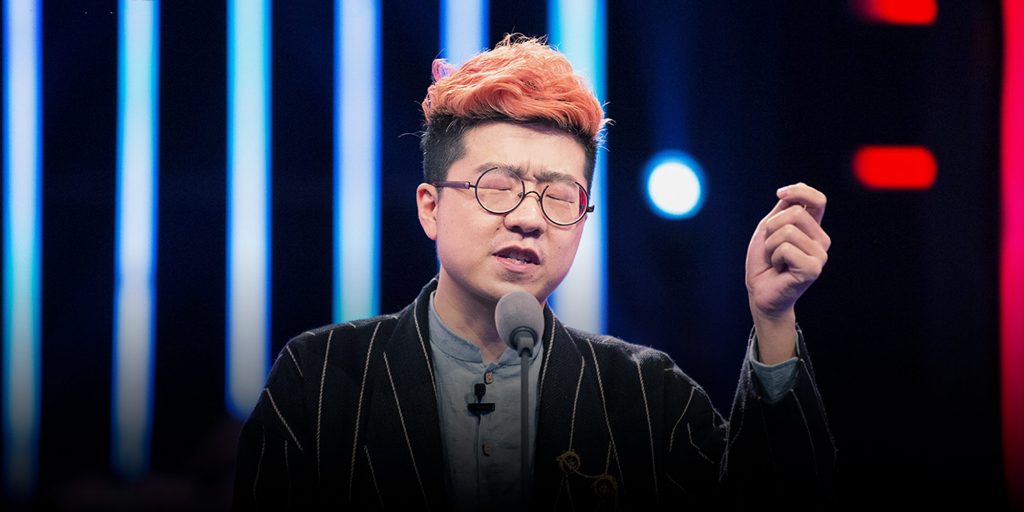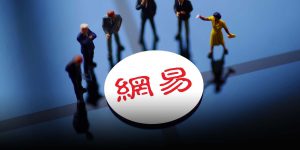Programs like “The Daily Show” are popular with Chinese audiences, but that doesn’t mean the country will be producing its own version any time soon.
After taking over for Jon Stewart as host of the long-running American satirical news program “The Daily Show” in 2015, comedian Trevor Noah got off to a rocky start. But he’s found his voice — and a reinvigorated audience — in recent years, tweaking the show’s format while maintaining its trademark blend of humor and barbed political commentary.
Whether he realizes it or not, Noah’s popularity extends across the Pacific to China, where for years loyal fans have uploaded his latest episodes to major domestic streaming platforms. The cult of “Cui Wa,” as Noah is affectionately known here, even got an official stamp of approval when, last May, the state-owned broadcaster CCTV approvingly quoted from a “Daily Show” segment praising China’s 5G technology.
I like Trevor Noah, but despite his show’s popularity here, Chinese networks have all but given up on the talk show format. To understand why, it’s important to first know a little bit about the tortured history of talk shows in China.
In 1999, Hunan Satellite TV launched the talk show-esque program “Speak Up.” Hosted by Ma Dong, son of the well-known performer Ma Ji, “Speak Up” aired more than 80 episodes and cultivated a reputation for in-depth discussions of sometimes sensitive subjects. But it all came crashing down in late 2000 after its episode on better understanding homosexuality. Although it had not violated any rules, the program’s taboo subject matter ran afoul of regulators. Production was immediately halted, and the show canceled.
It would be years before anyone would try to revive the format. But in 2005 Shanghai-based Dragon Television launched “Dongfang Yetan,” which featured Liu Yiwei, a former CCTV cooking show host looking to shed his image as a “house-husband.” “Dongfang Yetan” was probably the first “true” Chinese talk show along the lines of “The Tonight Show” — with which it shared an English title — or “The Ellen DeGeneres Show.” Due to the ideological and political baggage associated with “talk shows,” however, its producers preferred the less catchy tag of “discussion-type program.”
Audiences could tell the difference, apparently, and Liu’s show quietly disappeared after three years on air. Undeterred, Dragon TV kept trying to make the “Chinese-style talk show” concept work over the ensuing years, producing “Mr. Zhou Live Show” with comedian Zhou Libo, then the eponymous “The Jin Xing Show” featuring the well-known transgender dancer. Continue to read the full article here
– This article originally appeared on Sixth Tone.






